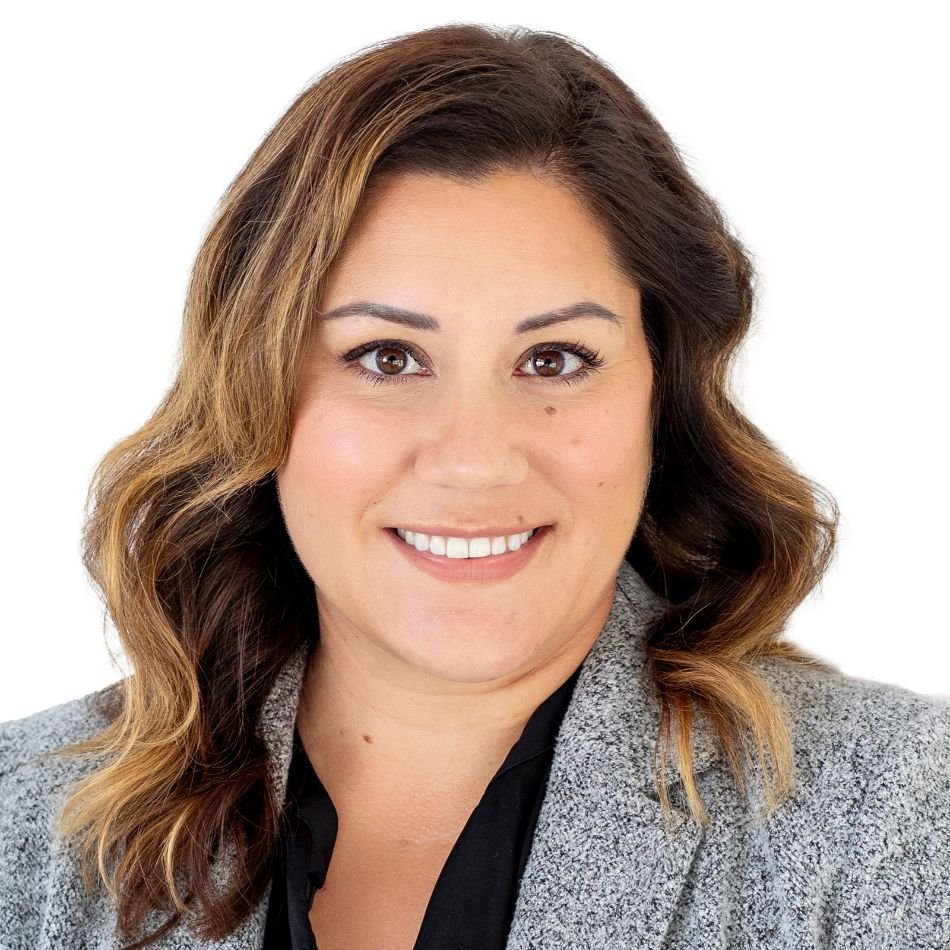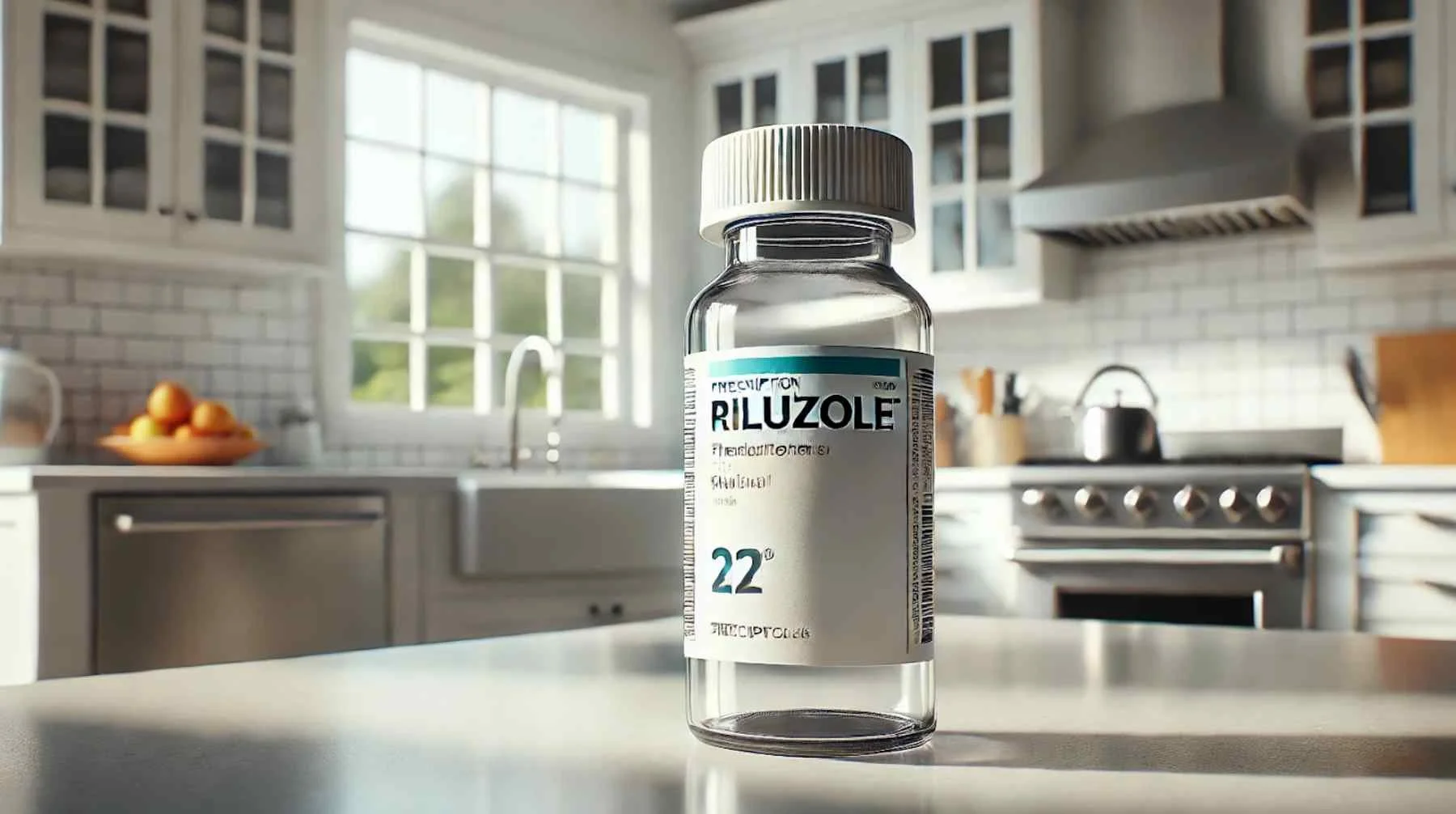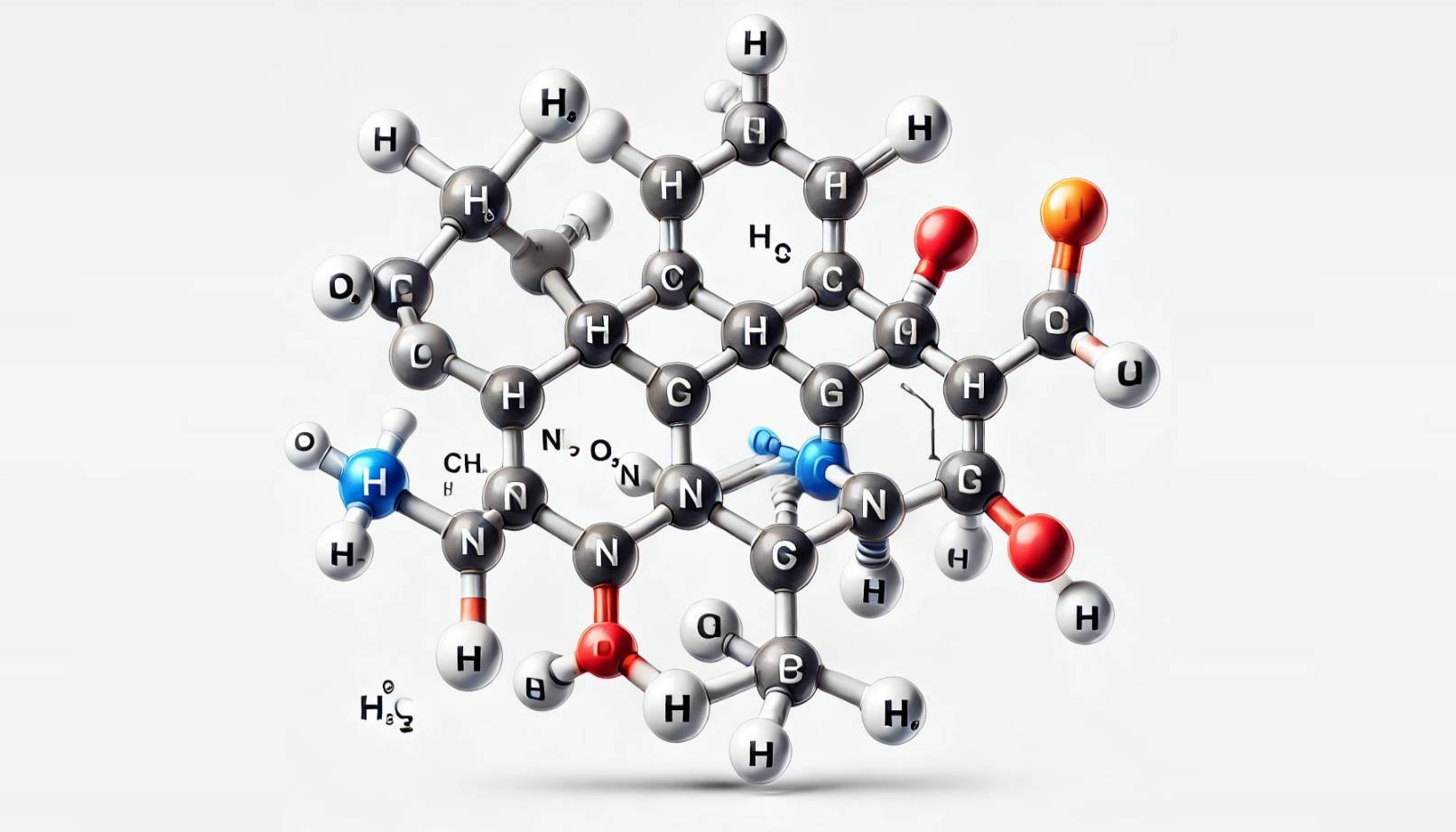
Obsessive Compulsive Disorder
What is Obsessive Compulsive Disorder?
Obsessive Compulsive Disorder is a condition in which there is usually a combination of unreasonable thoughts and fears that lead to behaviors which are done to lessen the burden of those thoughts. In order to be diagnosed with OCD, these thoughts or "obsessions" and the subsequent behaviors called "compulsions" need to occur regularly and at an intensity that the patient feels interferes with their functioning. Usually there is a mix of obsessions and compulsions, but in some forms of OCD, there may be more obsessions or more compulsions.
What does OCD look like?
OCD looks very different for each patient. There are many factors that go into how OCD presents, including the type of OCD, age, the level of family support and comorbid stressors, and comorbid psychiatric disorders. In the popular media, OCD is characterized by someone who is overly fearful of germs and subsequently washes their hands over and over or is obsessive about having things in order. While these can be symptoms of OCD, there are many other kinds of obsessions and compulsions that have nothing to do with cleanliness. A common theme among those who have OCD is that it can take over their thinking at very inopportune times and be close to impossible to control.
Generally speaking…
How is OCD treated?
An evaluation with a psychiatric practitioner can help confirm a diagnosis of OCD. Therapy with a therapist trained in exposure and response prevention should be part of the initial treatment plan. If symptoms are severe enough, medication management is often considered. Depending on age and how quickly the symptoms came on, laboratory studies can also be helpful in ruling out medical causes of obsessive thinking.
At Philadelphia Integrative Psychiatry
We treat obsessive compulsive disorder differently.
Our providers specialize in treating OCD
Related posts from our blog:
At Philadelphia Integrative Psychiatry, Dr. Danish and his team are dedicated to offering cutting-edge treatments for complex mental health conditions, including skin excoriation disorder. This often-overlooked condition can significantly impact a person's quality of life, leading to physical and emotional distress.
Fluvoxamine, commonly known by its brand name Luvox, has evidence for treating OCD, anxiety, and depression across all ages. This post provides information about mechanism, efficacy, dosing, and possible side effects.
Philadelphia Integrative Psychiatry excels in managing complex tic disorders, often comorbid with conditions like anxiety, OCD, and ADHD. Our team, skilled in both holistic patient care and research-driven approaches.
The insights gained from this case report enable Dr. Danish and his practitioners at Philadelphia Integrative Psychiatry to make informed and balanced decisions regarding the use of TMS in patients with seizure disorders.
Seroquel (quetiapine) extends its therapeutic benefits to include potential relief for OCD and other conditions beyond its primary indications.
Seroquel (Quetiapine) is a versatile medication with applications extending beyond its primary indications. Its off-label use for anxiety and other conditions is supported by clinical experience and some research studies.
In the treatment of Obsessive-Compulsive Disorder (OCD), a nuanced and comprehensive approach is essential, given the complexity and variability of the condition.
In conclusion, Abilify is a widely used medication in psychiatry with a broad range of applications. It's important to have open and ongoing discussions with your healthcare provider about your treatment plan
For our patients at Philadelphia Integrative Psychiatry, this information is invaluable when considering treatment options.
We'll explore what OCD is, the initial steps to seeking treatment, and why Philadelphia Integrative Psychiatry may be the right choice for your OCD treatment in Pennsylvania.
By delving into the intricate interplay between thoughts, emotions, and behaviors, their work provides valuable insights that can inform clinical approaches and advance our collective efforts in promoting mental well-being.
Living with obsessive-compulsive disorder (OCD) can be an overwhelming experience, affecting every aspect of daily life.
Philadelphia Integrative Psychiatry stands out as a beacon of comprehensive and integrative care.
In conclusion, the research on pregabalin as an augmentation therapy for resistant OCD allows us to expand our treatment options, providing personalized care that is both innovative and grounded in scientific evidence.
“There are many different evidence-based therapeutic modalities that I have used as an Individual, Couples, and Families Therapist. Over time I have found the key to sustaining progress in therapy is helping the individual(s) calm their nervous system. Anything “said” or “done” in traiditional talk therapy cannot be retained unless a person is in a relaxed, regulated, safe space. I find profound change occurs for individuals, couples, and families using the mind-body-soul approach.” - Kristen Ott, MA, LMFT
Dr. Danish and our expert nurse practitioners, we specialize in treating treatment-resistant Obsessive-Compulsive Disorder (OCD).
As a parent, it is natural to be concerned about your child's health, especially when it comes to their mental well-being. If you have heard of terms like PANDAS, PANS, or POTS and are worried that your child may be affected, this blog post aims to provide you with essential information and guidance. While these conditions can be complex and sometimes controversial, it is crucial to be informed and proactive in seeking appropriate care for your child.
TCAs, or Tricyclic Antidepressants, are an older class of antidepressant medications that can be great for various psychiatric symptoms.
Choosing a therapist who is compatible with your needs and personality can be a difficult yet rewarding endeavor.























































